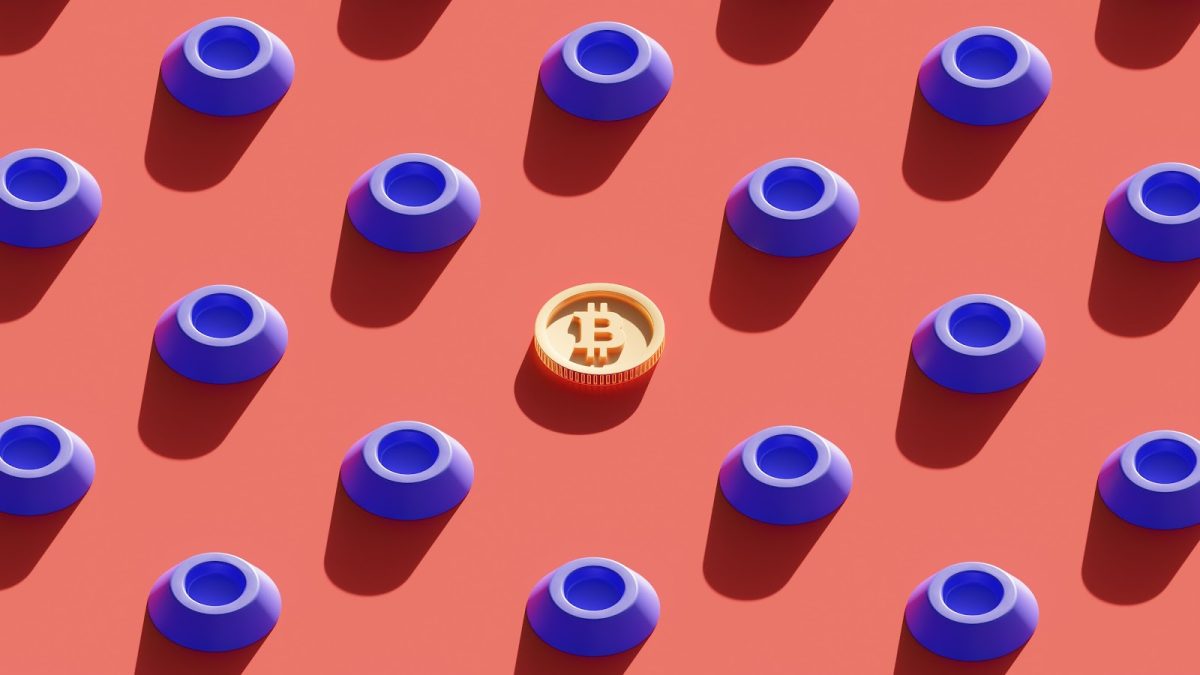Who is the Real Enemy of Bitcoin and Humanity?
30.07.2024 16:37 2 min. read Alexander Stefanov
The author of the popular book "The Bitcoin Standart", Saifedean Ammous, took to Twitter to point out the biggest obstacle in Bitcoin's path.
Saifedean Ammous recently highlighted the futility of politicians’ promises to support Bitcoin, pointing out a significant obstacle: the Federal Reserve.
According to Ammous, the U.S. government does not control the Fed, which is a private banking cartel that prioritizes the U.S. dollar. He argues that no politician can force the Fed to buy Bitcoin, as this would destabilize the dollar and threaten the Fed’s financial control.
Ammous also criticizes the fiscal irresponsibility of the U.S. government, which relies heavily on debt. He contends that any government attempt to buy Bitcoin without the Fed’s support would be an act of war against the Fed and the fiat system, something unlikely to happen. Both Trump and Kennedy, he notes, have policies dependent on the Fed’s monetary practices.
He identifies the Federal Reserve as the true enemy of Bitcoin and humanity, with the U.S. government acting merely as its tool. Ammous believes that politicians are powerless to change this system. The real solution, he suggests, is for Bitcoin to surpass the dollar and Treasury bonds in value, allowing Bitcoin users to thrive while dollar users become impoverished.
The renowned author advises against investing time and money in political promises. Instead, he encourages focusing on accumulating Bitcoin as the most effective way to challenge the current financial system and secure a better future.
-
1
Trump-Linked Truth Social Pushes for Bitcoin-Ethereum ETF as Crypto Strategy Expands
25.06.2025 19:00 2 min. read -
2
Bitcoin Hashrate Declines 3.5%, But Miners Hold Firm Amid Market Weakness
27.06.2025 21:00 2 min. read -
3
Bitcoin’s Price Closely Mirrors ETF Inflows, Not Corporate Buys
26.06.2025 11:00 2 min. read -
4
Crypto Company Abandons Bitcoin Mining to Focus Entirely on Ethereum Staking
26.06.2025 20:00 1 min. read -
5
Bitcoin ETF Inflows Hit $2.2B as Market Calms After Ceasefire
25.06.2025 17:00 1 min. read
Bitcoin ETFs See $1B Inflow as IBIT Smashes Global AUM record
Spot Bitcoin ETFs recorded a massive influx of over $1 billion in a single day on Thursday, fueled by Bitcoin’s surge to a new all-time high above $118,000.
Bitcoin Outlook: Rising U.S. Debt and Subdued Euphoria Suggest More Upside Ahead
As Bitcoin breaks above $118,000, fresh macro and on-chain data suggest the rally may still be in its early innings.
Analysis Firm Explains Why Bitcoin’s Breakout Looks Different This Time
Bitcoin’s surge to new all-time highs is playing out differently than previous rallies, according to a July 11 report by crypto research and investment firm Matrixport.
Bitcoin Reaches New All-Time High Above $116,000
Bitcoin surged past $116,000 on July 11, marking a new all-time high amid intense market momentum.
-
1
Trump-Linked Truth Social Pushes for Bitcoin-Ethereum ETF as Crypto Strategy Expands
25.06.2025 19:00 2 min. read -
2
Bitcoin Hashrate Declines 3.5%, But Miners Hold Firm Amid Market Weakness
27.06.2025 21:00 2 min. read -
3
Bitcoin’s Price Closely Mirrors ETF Inflows, Not Corporate Buys
26.06.2025 11:00 2 min. read -
4
Crypto Company Abandons Bitcoin Mining to Focus Entirely on Ethereum Staking
26.06.2025 20:00 1 min. read -
5
Bitcoin ETF Inflows Hit $2.2B as Market Calms After Ceasefire
25.06.2025 17:00 1 min. read


